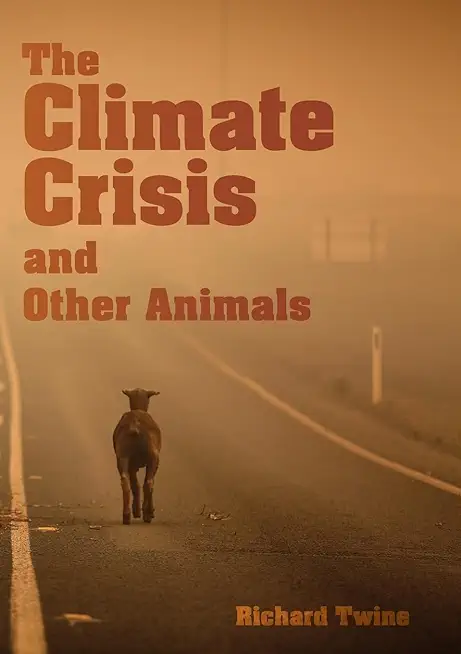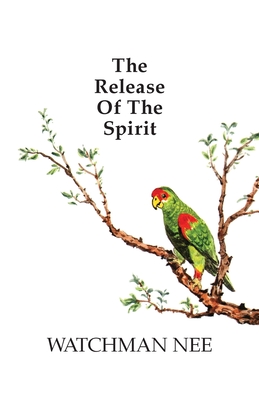
The book examines the ways in which climate breakdown is affecting nonhuman animal species and delves deeply into the politicised controversy over the extent of emissions from animal agriculture, demonstrating the markedly lower emissions of eating vegan. Critical of misguided human-centred framings of the climate crisis, Twine makes clear the necessity of including practices of animal commodification, the importance of documenting the effect of a changing climate on other animal species, and the mitigative opportunities of a radical remaking of dominant human-animal relations.
The Climate Crisis and Other Animals addresses the emissions impacts of radical land-use changes and the twentieth century scaling-up of animal commodification within the animal-industrial complex, revealing how this system is interwoven in the gendered and racialised histories of capitalism. Twine collates an impressive body of scientific research that demonstrate both the already enormous impact of the climate crisis on the lives of nonhuman animals and the need to tackle the dominance of meat-based cultures.
Twine critically explores approaches to food transition and three potentially transformative scenarios for global food systems that could help dismantle the animal-industrial complex and create a more sustainable and just food system. Averting the climate and biodiversity crises requires nothing less than a radical transformation in how we see ourselves in relation to other species.
The Climate Crisis and Other Animals argues that the current crisis demands systemic change that addresses not only human/planetary health, but also justice and care for non-human animals. It is the first book to do so from a comprehensive, sociological and critical perspective. Richard Twine unravels the true social, political and economic depths of the crisis: from class relations, racialised geopolitics, hegemonic masculinity, human supremacism to cultural anthropocentrism. A brilliant diagnosis, accompanied by a realistic analysis of the path of transformation. A must read for everyone.
Twine's cogent investigation explores a wealth of research from the Environmental Sciences and Humanities to Child studies, Critical Animal Studies and Capitalocene studies, uncovering their intersections at the roots of the climate crisis. Transitioning toward multispecies survival requires that we recognize the global political economy's investments in not only fossil fuels but the animal-industrial complex, and ultimately, the untenable idea of human supremacy.







